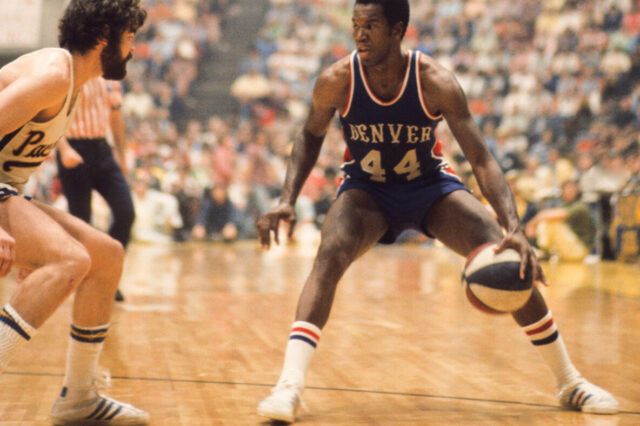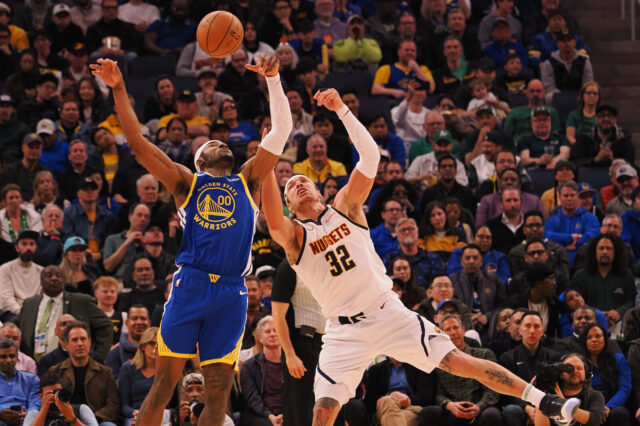Before the NBA suspended the season last Wednesday we were all chilling in Pompeii, cognizant of the volcano in our backyard but paying little attention to the possibility of it actually erupting.
When Rudy Gobert was diagnosed with COVID-19 the volcano exploded. Just like that we were thrust into a new reality, not just in sports but in our own lives.
We’ve all gone without basketball before. Everyone jokes about how horrible the five days are after the All-Star game. We endure summers without actual games, bolstered by the draft, free agency and Summer league. We even survived the 2011 lockout under the grassroots “basketball never stops” campaign as NBA players organized pick-up games and underground leagues in the meantime.
But this? This is like nothing we’ve seen before.
The season always continues after the All-Star break, Summer always turns into Fall as training camp begins and the lockouts inevitably end with so much money on the line for both parties.
The uncertainty we face now is that there is no defined return to normalcy. Sure, the league will re-evaluate the situation in 30 days but the reality is that things outside of basketball might not be any better then than they are now – they might even be worse. And that’s what moves the needle from “uncertain” to “unsettling.”
In the last few days I haven’t thought once about Nikola Jokic. I couldn’t care less about Michael Porter Jr. dwindling away on the bench, a topic many of us have been frustrated about all season. The closest I’ve gotten to thinking about sports is the proverbial eyeroll I give when reading about players like Zion Williamson who are offering to donate their own salary to help pay for the arena workers while billionaire owners are M.I.A. (Thankfully, many have come out to foot the bill. Others remain noticeably absent).
Instead of focusing on net rating and playoff standings I’m all-in on Maslow’s hierarchy of needs. Is the outbreak going to get worse here? Do I have enough food to last when every time I go to the store the shelves become more and more barren? Is my family okay, especially my sister and beautiful newborn niece with down syndrome? The company I work for is likely going to lose hundreds of millions of dollars due to the tanking demand for travel – will I even have a job after all of this?
In the grand scheme of this new world in 2020, no basketball is a very small price to pay to up the chances of stopping the COVID-19 pandemic sooner rather than later. But that doesn’t mean we can’t miss it or appreciate all the joy it brings into our lives.
The truth is that basketball is so much more than just a game. It brings people together, unites cities, offers an escape from stressors in life.
But what happens when the game that brings us together is so strongly tied to a crisis in which we are told to distance ourselves from others?
What happens when the hobby so many of us rely on for our own sanity simply isn’t there?
Should I feel guilty for missing the NBA when people are sick and dying?
It’s trivial, but one of the hardest things about the suspension might be learning to cope without sports, however long that period may be.
I hope with all my heart that the NBA is able to resume early enough to finish the season and have the playoffs – not because I love basketball, but because that means the pandemic will likely have been contained or neutralized. I hope those affected receive the treatment needed and that the economy doesn’t completely derail.
If we don’t get to see the Denver Nuggets ride out this special season it could mean our entire world is altered permanently.
Stay safe, everyone. Be smart. Enjoy what else you can. There’s more to life than basketball.


